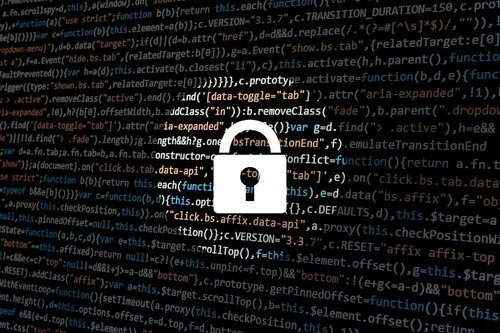La crise sanitaire a entraîné une hausse significative du nombre d’attaques informatiques visant des sites Internet. Dans un communiqué publié fin 2020, l’ANSSI rappelle qu’il est possible de se prémunir de ces menaces en appliquant ses recommandations présentées dans le « Guide d’hygiène informatique » et la « Note sur la sécurisation des sites web ». Le point sur l'augmentation des cyberattaques.
Multiplication des actions malveillantes
Dans un contexte de crise sanitaire mondiale, le risque cyber s’est véritablement intensifié : e-commerce frauduleux, phishing, fuite de données confidentielles, vol de données personnelles… Les actions malveillantes se multiplient et ciblent principalement les entreprises qui généralisent le télétravail sans avoir le temps, pour certaines, de le préparer de façon sécurisée.
Dans une étude publiée en novembre 2020 par le courtier Bessé portant sur l’impact de la crise cyber sur la valorisation des entreprises non cotées, le spécialiste constate que le nombre de cyberattaques a augmenté de 25 % au cours du 1er trimestre 2020. Le nombre de demandes d’aides face à des cyberattaques sur les plateformes des autorités de sécurité publique en France comme aux États-Unis a connu une hausse similaire en mars 2020. Pour le courtier, ces chiffres sont à mettre en lien avec un recours massif au télétravail et l’augmentation du trafic cloud.
De son côté, l’ANSSI s’inquiète également des portes ouvertes par le télétravail. En effet, rien qu’en France, l’Agence souligne que les cyberattaques contre les entreprises ou des institutions ont quadruplé en 2020. En 2020, 192 attaques de grande ampleur ont été enregistrées, contre seulement 54 en 2019. Les rançongiciels arrivent largement en tête des menaces détaillées par l’ANSSI. Les rançons sont payées sur Internet, en monnaie virtuelle et réclamées par des groupes criminels souvent basés dans les pays de l’Europe de l’Est.
Attaque informatique : quel impact sur les entreprises ?
Selon le cabinet Bessé, l’impact d’une attaque informatique est largement sous-évalué par les entreprises. Pourtant, dans ce contexte de crise sanitaire, cet aspect est d’autant plus important que les acteurs sont déjà fortement fragilisés.
Concrètement, concernant les entreprises non cotées, le choc économique lié à l’apparition d’une menace peut être évalué à l’aide de certaines données comme le score de défaillance et l’indicateur des jours de retard de paiement. Le courtier Bessé a analysé ces données pour un premier échantillon d’entreprises internationales non cotées. Cette analyse montre que le risque de défaillance augmente en moyenne de 40 à 50 % dans les 3 mois suivant l’annonce d’un évènement cyber. Sur l’échantillon des entreprises françaises, le risque de défaillance augmente même de 80 % sur cette même période et le nombre de jours de retard de paiement affiche une hausse de 55 % 6 mois après l’incident.
Aujourd’hui, la prévention et l’assurance restent les meilleurs moyens de se protéger et de couvrir les risques résultant d’attaques contre les systèmes informatiques.
